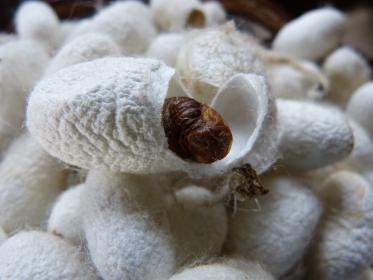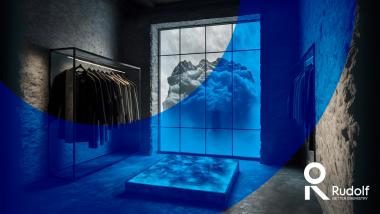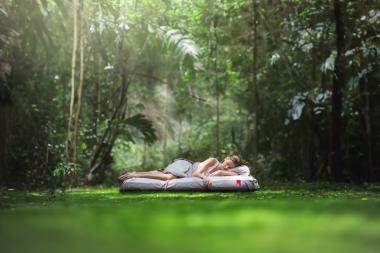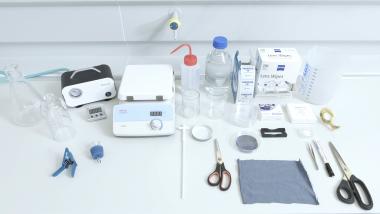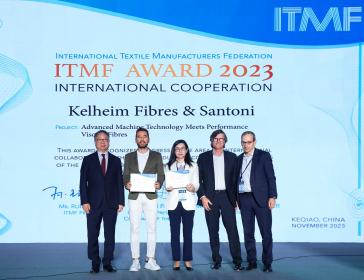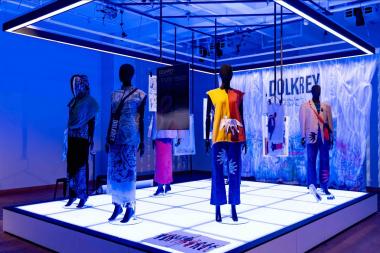Beaulieu Fibres International launches Sustainable Fibres Program
As the 2024 edition of Techtextil, the leading international trade fair for technical textiles and nonwovens, gets underway in Frankfurt, Beaulieu Fibres International is introducing its Sustainable Fibres Program to help reshape fibres for sustainable solutions.
Through the initiative the company is looking to gain deeper insights into the challenges encountered by customers across the value chain to identify opportunities to leverage its expertise to deliver impactful products and services.
Beaulieu has identified several conversation triggers for Techtextil 2024, including recyclable, high performance, renewable, bio-circular, co-developed and made in Europe fibres, to find out what matters most to customers in terms of targets, green initiatives and sustainability expectations.
The Sustainable Fibres Program serves as a charter to help Beaulieu Fibres International accelerate its ‘fibres that build futures’ campaign, by educating on existing solutions, reshaping products and creating partnerships to facilitate market cooperation on shared challenges.
In addition to leading the market within the framework of the European Green Deal, and alignment with the objectives of the proposed Ecodesign for Sustainable Products Regulation, Beaulieu Fibres International is committed to achieving its own sustainability targets outlined in its roadmap known as ROUTE 2030.
Beaulieu Fibres International
Beaulieu Fibres International











